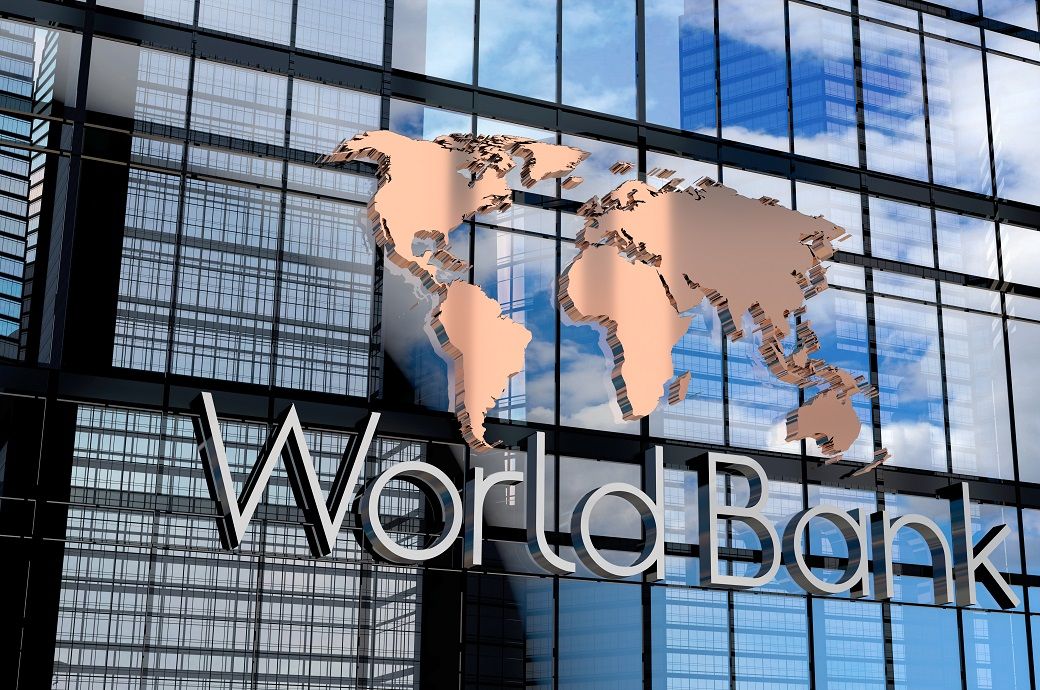
The E3 Programme will provide $1.46 billion in World Bank funding and raise an additional $2.4 billion from the public, private, and development sectors—including $1.5 billion in private capital. Initial funds have been earmarked for energy efficiency programs in four countries, with more expected to join over the 10-year period. Investments will target public facilities, residential buildings and appliances, industrial modernisation, and district heating upgrades.
“Investing in energy efficiency is part of the World Bank Group’s vision to accelerate a shift towards clean and efficient energy, in order to avert the worst impacts of climate change. Scaling up energy efficiency can generate budget savings for other development priorities and significantly reduce the need for investment in new energy supply,” said Antonella Bassani, World Bank’s vice president for Europe and Central Asia. “Efficient systems make business operations cleaner and more competitive, lower household energy bills, decrease air pollution, reduce carbon emissions, and create jobs.”
The E3 programme will develop replicable country projects based on national plans and support access to sustainable financing. Initial projects under the Programme include $300 million of World Bank funding for the renovation of central government buildings in Türkiye and $54.5 million to renovate public buildings and district heating, focusing on education facilities, in Moldova. The project is supported by a $5 million grant from the Moldova – Growth, Resilience and Opportunities for Well-being (M-GROW) programme. Additional phases and projects in Türkiye, Moldova, Montenegro, Uzbekistan, and other countries are planned, World Bank said in a press release.
Over time, the E3 Programme will support countries in transitioning from smaller publicly financed energy efficiency programmes to national-scale programs with greater commercial financing. The use of public financing will focus on demonstrating the investments needed to bring in commercial financiers, testing new business models, de-risking investments, and providing targeted subsidies alongside commercial financing.
Eighteen countries in the Europe and Central Asia region have already pledged at COP 28 to double their annual rate of energy efficiency improvement by 2030. Yet, the region remains home to some of the world’s most energy-inefficient, carbon-intensive economies. The E3 programme will help overcome market failures associated with energy efficiency investments, such as high transaction costs, lack of codes and standards, general lack of awareness and need for behaviour challenges. The programme will strengthen policies and regulations, develop robust agencies and institutions, create and disseminate credible data, enhance market capabilities and mobilise private capital.
"The recent energy crisis has underscored the urgent need for large-scale energy efficiency measures which conserve scarce natural resources. Energy efficiency remains the most accessible and cost effective way to meet energy needs compared to generating new energy," said Charles Cormier, World Bank regional director for infrastructure. "Our programme builds on decades of experience in helping countries in Europe and Central Asia increase their energy efficiency. Although a diverse region, these countries share many common barriers and national priorities that the programme will help address, while creating a platform to share information and knowledge through a regional network.”
A coalition of regional and global organisations, including international financial institutions and donor partners and organisations dedicated to knowledge exchange and capacity building, will be established as part of the Programme. The regional network will be financed with an initial $5 million grant from Energy Sector Management Assistance Programme (ESMAP). This regional network will facilitate knowledge exchange and creation, and coordinate and harmonise country approaches. Priority topics of the network will include policy formulation and implementation, the design of scaled-up programmes, and measurement and verification of energy efficiency measures.
The E3 programme will work alongside the recently launched Europe and Central Asia Renewable Energy Scale-up (ECARES) Programme to enhance energy security, improve affordability, and support the clean energy transition. While ECARES focuses on clean energy supply, E3 aims to reduce energy demand. Countries interested in participating in both programmes are invited to submit letters of intent.
Fibre2Fashion News Desk (RR)